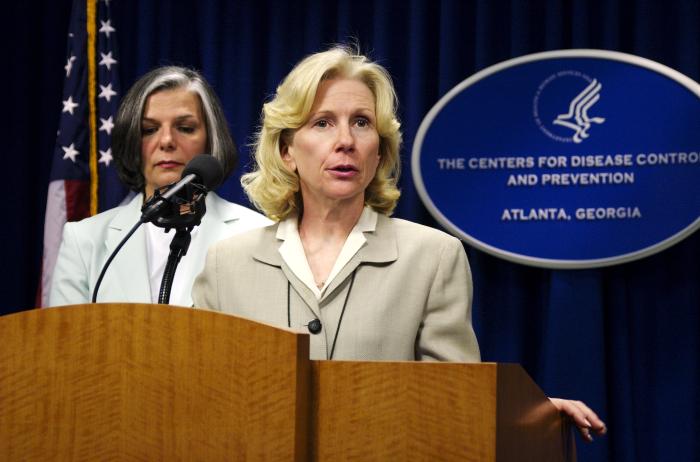


The Definitive Guide to Selecting The Right Spokesperson
[By Nora Jacobs, Hennes Communications]
One of the most common decisions we encounter when clients face a crisis situation is helping them choose the individual who will serve as their spokesperson. Rarely does anyone volunteer for this assignment and most draftees accept it with grudging resignation. In truth, being a spokesperson is a high-risk job and even a small misstep can have career-altering consequences. (Just ask BP’s Tony Hayward about “getting his life back.”) Given those high stakes, clients sometimes ask us if we will serve as their spokesperson. With extremely rare exception, our answer is always no. Here’s why.
There are some basic tenets of successful crisis communication. They include responding quickly, responding truthfully and responding authentically. It’s hard to appear authentic when the person speaking on your behalf is an outside consultant who is being paid specifically to help your problem go away. That’s why, with the exception of litigation, we also advise clients not to use their outside legal counsel as their spokesperson.
The reality is, during difficult times – and a crisis is probably the most difficult situation your organization will face – your stakeholders want to hear from someone they know and hopefully, trust. Most important, they want to hear from someone they know has a stake in the situation, not someone who will disappear once the situation is resolved.
At the same time, spokesperson selection should also reflect the severity of the crisis. In many cases, an organization’s top communicator is the appropriate spokesperson, but in situations involving criminal activity, ethical infractions, loss of life or significant reputational damage, spokesperson duty tends to move up the ranks and may require that its top executive assume this role. Unless your CEO or executive director is fundamentally unsuited for the spokesperson role (see this post for more guidance on that topic), asking him or her to serve in this capacity significantly increases the likelihood that your organization will be perceived as responding appropriately to a grave situation.
Spokesperson duties can also shift upward as a crisis event unfolds. If an incident occurs at a plant site, for instance, the public relations department may issue an initial holding statement. If it turns out the incident involves loss of life, falsification of maintenance schedules or extended disruption to product delivery, it may be appropriate to engage the executive suite in communication to the media, employees, customers and neighbors.
In some cases, we counsel clients to go even higher up the org chart in search of a spokesperson. When company management has been implicated in illegal or unethical activity, the board chair becomes the logical choice to speak on behalf of the organization. Similarly, the death or departure of a key executive also requires a response from board leadership – not because of perceived wrongdoing, but because stakeholders will want assurance that the organization is not adrift.
One more bit of advice we always give our clients regarding this essential component of crisis management: give your spokespeople the gift of advance communication training. Their chances of doing this critical job well increase significantly if they’ve been given the tools to help them succeed.